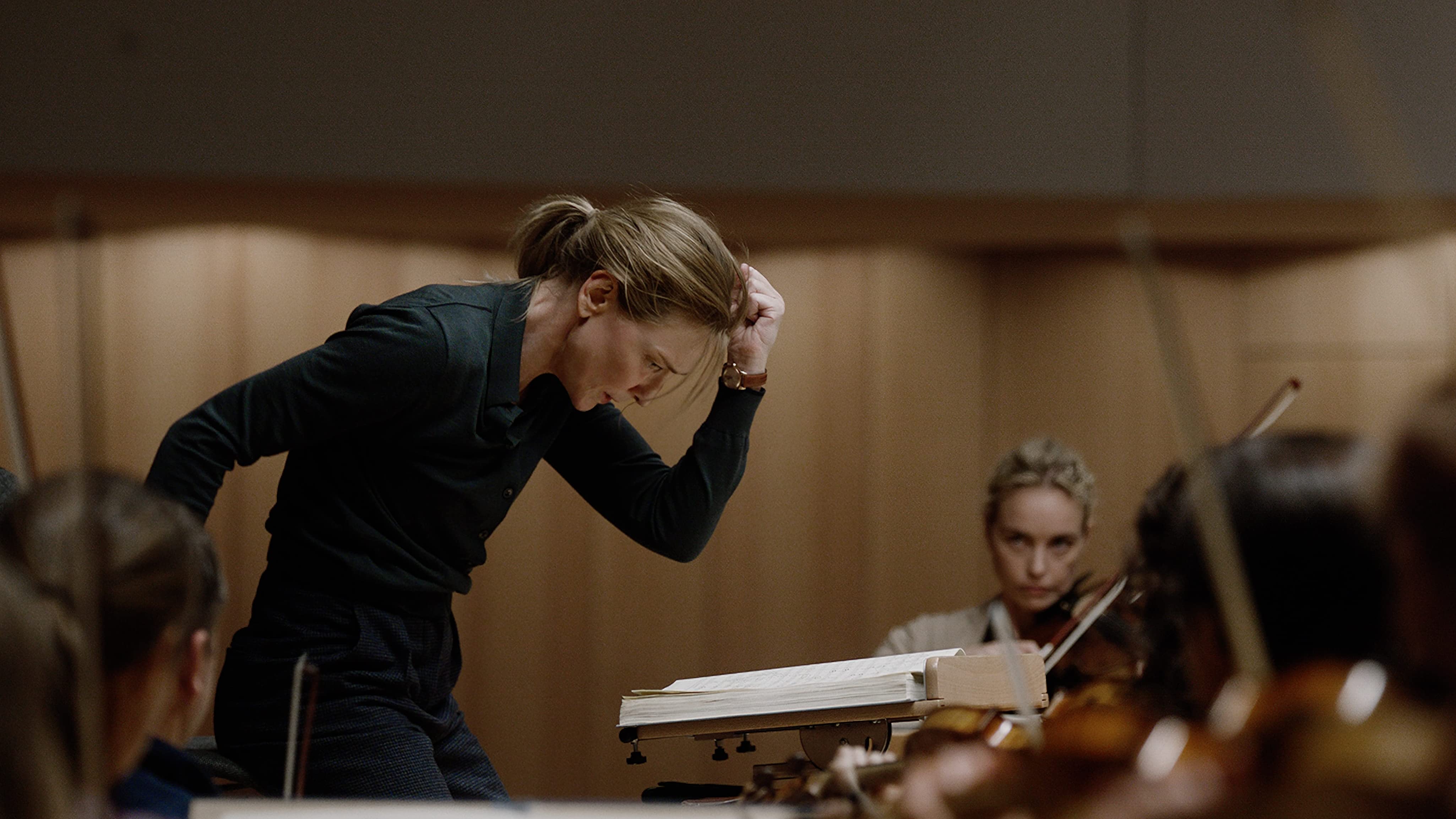A music critic says: ‘I’m sorry’
mainRichard Morrison of The Times, alone among his colleagues, has offered a public apology to the mezzo-soprano he described as ‘unbelievable, unsightly and unappealing.’ Tara Erraught was singing Octavian in Der Rosenkavalier at Glyndebourne.
The apology comes with a qualification: ‘Although the blogosphere has been torn asunder with “industry” reaction to the Rosenkavalier reviews,The Times has yet to receive a single letter, email or online comment objecting to what I wrote. Which suggests that the general public accepts that when people perform in front of a paying audience, the total image they present — looks, voice, acting ability and suitability for the role — is fair game for critical comment.’
On the contrary, it suggests that Times readers are too few, or too supine, to comment on the lynching of a promising young talent. And, no, the general public and the tenor of our times do not necessarily agree that every performer is ‘fair game’ for the frustrations of music critics.
Nevertheless, Richard – a decent man – has done the decent thing. Respect.






Comments